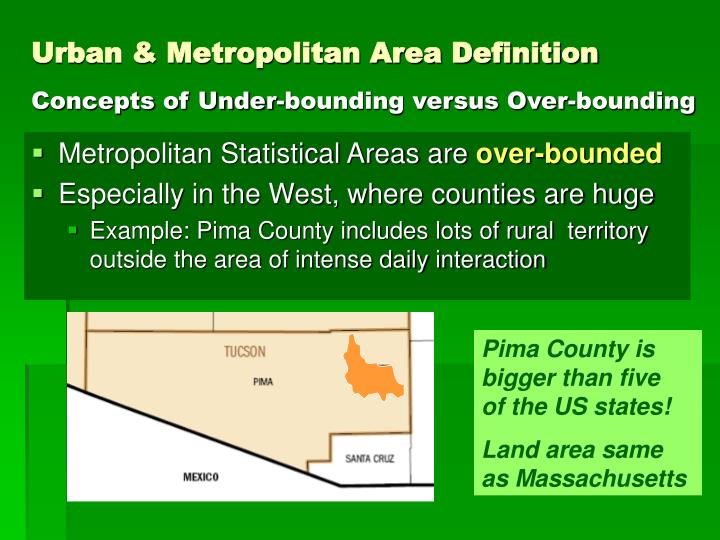

There may be an increase in the number of mucopolysaccharides in the corneal stroma. The thinning of the corneas may approach 20% of normal thickness. PMD is an idiopathic, non-inflammatory condition. Normally, PMD does not present with vascularization of the cornea, scarring, or any deposits of lipid. This is described as a "beer belly" appearance since the greatest protrusion occurs below the horizontal midline (unlike keratoconus). The cornea just above the region of thinning is of normal thickness, and may protrude anteriorly, which creates an irregular astigmatism. The distribution of the degeneration is crescent or arcuate shaped. PMD is characterized by bilateral thinning ( ectasia) in the inferior and peripheral region of the cornea. While PMD usually affects both eyes, some unilateral cases have been reported. However, in rare cases, PMD may present with sudden onset vision loss and excruciating eye pain, which occurs if the thinning of the cornea leads to perforation. Pain is not typically present in pellucid marginal degeneration, and aside from vision loss, no symptoms accompany the condition. The condition is rare, though the exact prevalence and incidence are unknown. The word "pellucid" means clear, indicating that the corneas retain clarity in pellucid marginal degeneration. The term "pellucid marginal degeneration" was first coined in 1957 by the ophthalmologist Schalaeppi. Surgery is reserved for individuals who do not tolerate contact lenses.


Intacs implants, corneal collagen cross-linking, and corneal transplant surgery are additional options. Treatment usually consists of vision correction with eyeglasses or contact lenses. Corneal pachymetry may be useful in confirming the diagnosis. Pellucid marginal degeneration is diagnosed by corneal topography. The cause of the disease remains unclear. It is typically characterized by a clear, bilateral thinning ( ectasia) in the inferior and peripheral region of the cornea, although some cases affect only one eye. Rarely, it may cause acute vision loss with severe pain due to perforation of the cornea. It typically presents with painless vision loss affecting both eyes. Pellucid marginal degeneration ( PMD) is a degenerative corneal condition, often confused with keratoconus. Vision correction ( eyeglasses or contact lenses) Pellucid corneal degeneration with hydrops and detachment of Descemet's membrane Medical condition Pellucid marginal degeneration


 0 kommentar(er)
0 kommentar(er)
